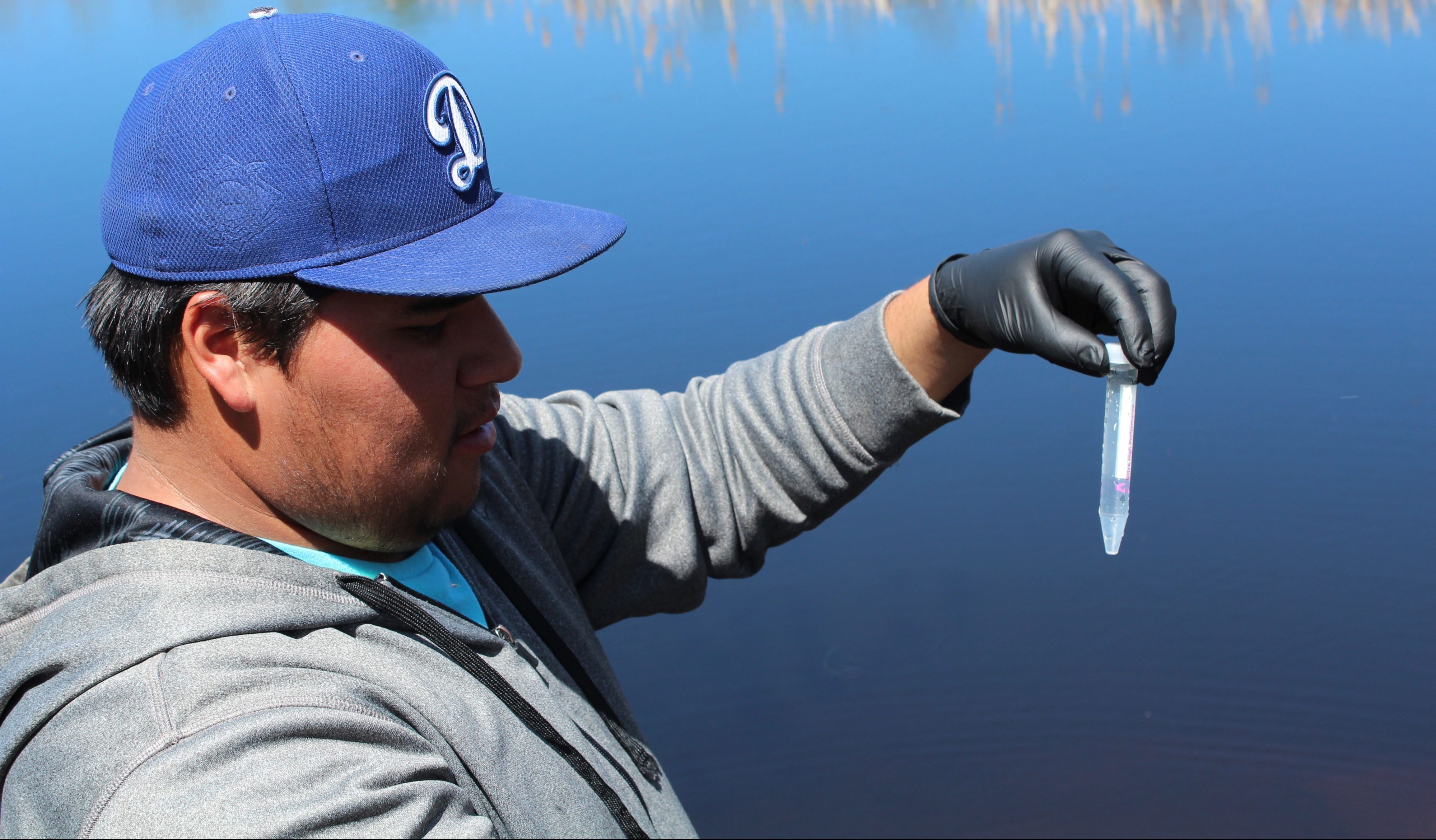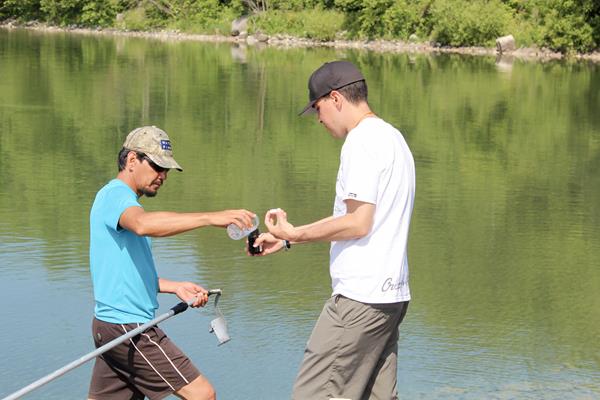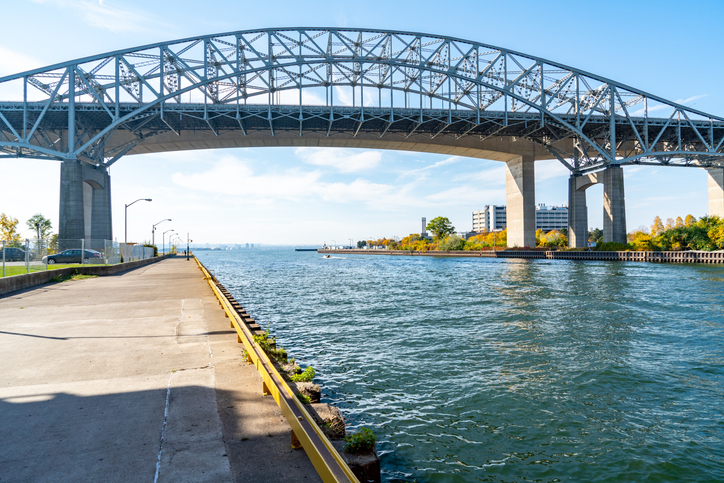On Friday, Minister of Crown-Indigenous Relations and Northern Affairs, Carolyn Bennett, announced the opening of the 2018–2019 call for proposals for the new Indigenous Community-Based Climate Monitoring Program.
“Indigenous people have been clear—today’s rapid acceleration of climate change is having a worrying and negative impact on their daily lives, their communities, and Canada’s many ecosystems,” said Bennett. “By providing support for Community-based monitoring of the impacts of climate change in Indigenous communities, this program addresses these challenges.”
This program is a direct response to issues identified by the National Indigenous Organizations through their engagement on the Pan-Canadian Framework on Clean Growth and Climate Change. The program will provide $31.4 million over five years in funding starting from April 2017, to support Indigenous communities in the development and implementation of community-based climate monitoring projects.
Support will be provided to fund projects under three main pillars:
- community climate monitoring and capacity building
- Indigenous Knowledge, information sharing and data management
- connecting data, researchers and networks
Projects will be required to consider key climate indicators, including a wide array of land and water factors: permafrost, coastal erosion, water quality and quantity, water salinity, and water temperature. Expenses reimbursed under the funding will include for the purchase of technical monitoring equipment, like water quality meters, drones, handheld GPS, and the like.
“Through collaboration among Indigenous organizations, territorial governments and other partners, this program will draw on Indigenous knowledge and modern science to inform adaptation decisions and ensure that those impacted by climate change are also on the frontline of mitigation,” said Bennett.
In the last year, federal climate change initiatives have accelerated floodplain mapping in Indigenous communities. The First Nation Adapt Program has supported activities, such as First Nations participating in regional watershed management processes, and the collection and sharing of regional watershed data.
The Government of Canada will prioritize proposals that are community-driven, engage Indigenous youth, and that effectively draw on Indigenous Knowledge and traditional science. Applicants can submit their proposals until Friday, February 16, 2018 and successful applicants will be notified by Spring 2018.









